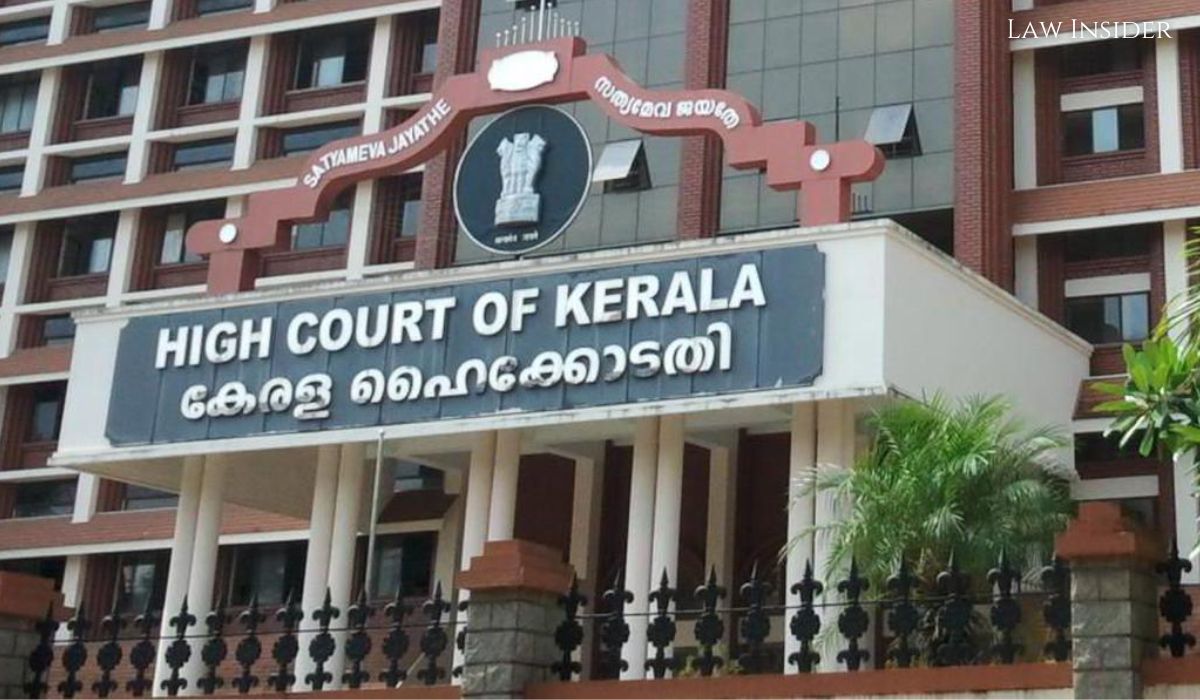LI Network
Published on: December 17, 2023 at 14:17 IST
The Kerala High Court has asserted that an individual signing a cheque can be held accountable under Section 138 of the Negotiable Instruments Act, even if someone else has completed the details.
The court’s pronouncement came during the consideration of a revision petition challenging the conviction of an accused in a cheque bounce case.
Justice P.G. Ajithkumar, presiding over the case, highlighted that the signer of a cheque remains liable unless evidence is presented to counter the presumption that the cheque was issued for the payment of a debt or in discharge of a liability.
The court clarified that the person filling in the cheque details, other than the drawer, does not impact liability as long as the drawer’s signature is valid.
The complainant accused the defendant of issuing a bounced cheque due to insufficient funds. The defendant contested the execution of the cheque and the proof of consideration.
He argued that the handwriting on the cheque was manipulated and sought an opportunity to present evidence supporting this contention.
However, the court referred to legal precedent, particularly Section 139 of the N.I. Act, which establishes a presumption of liability when a signed cheque is handed over. The court emphasized that the accused needed to present evidence to rebut this presumption.
The argument regarding handwriting similarity between the cheque and another document was considered irrelevant to the defense.
Quoting the Apex Court’s decision in Bir Singh v. Mukesh Kumar, the court stated, “a person who signs a cheque and makes it over to the payee remains liable unless he adduces evidence to rebut the presumption that the cheque had been issued for payment of a debt or in discharge of a liability. It is immaterial that the cheque may have been filled in by any person other than the drawer if the cheque is duly signed by the drawer.”
Citing the case Oriental Bank of Commerce v. Prabodh Kumar Tewari, the court reiterated that the details filled in by someone other than the drawer do not affect the defense.
The court rejected the petitioner’s claims, upholding the validity of the presumption, and emphasized the accused’s failure to provide sufficient evidence to challenge it.
The court affirmed the lower courts’ decisions, stating that they were based on a proper understanding of the evidence and adherence to statutory requirements. Consequently, the revision petition was dismissed.
Case Title: Vibin Meleppuram v. Denny Thomas & Anr.

